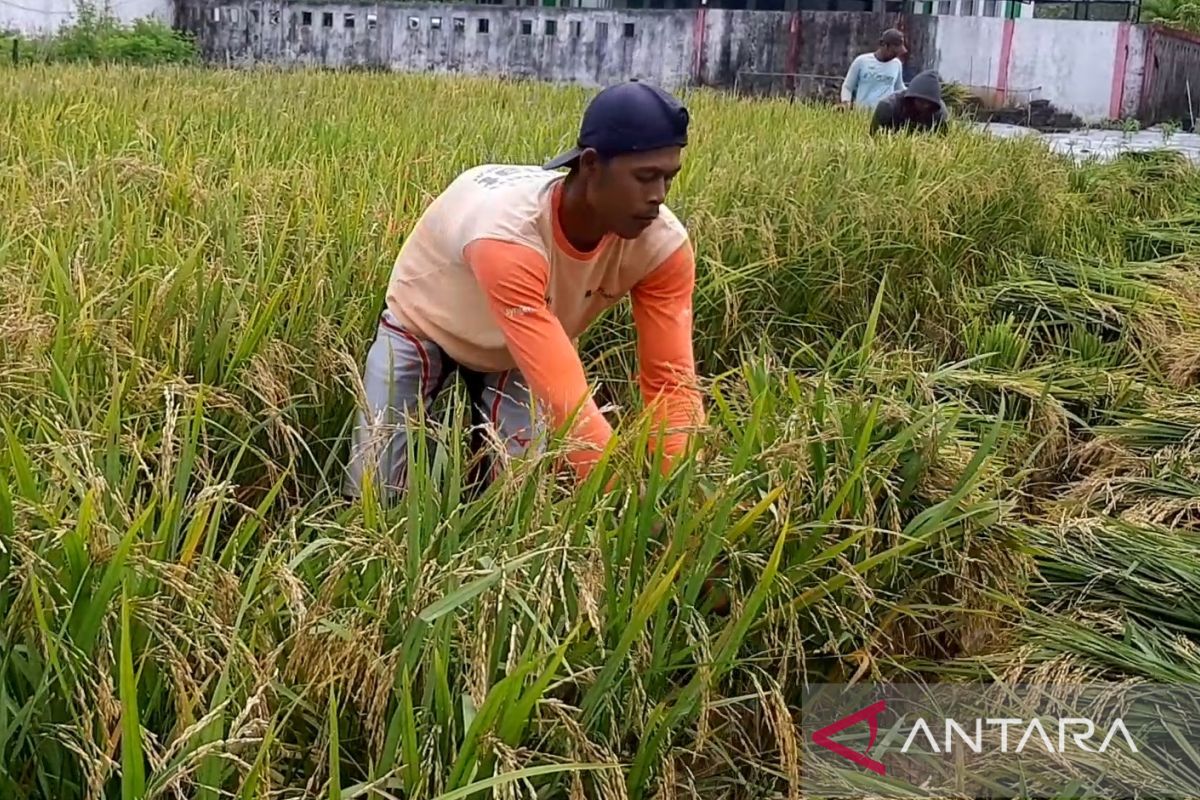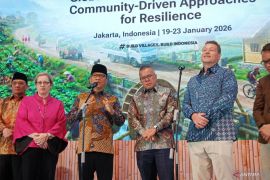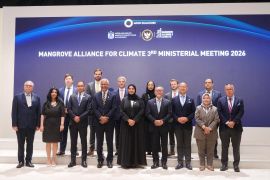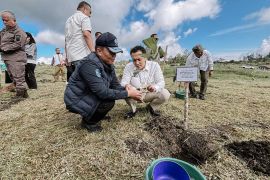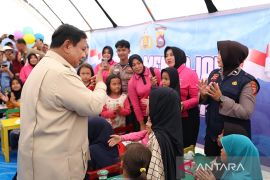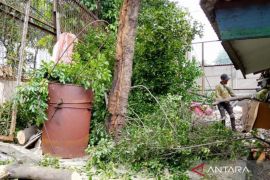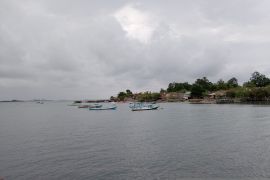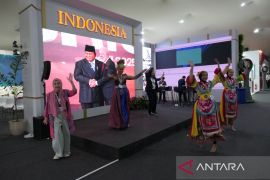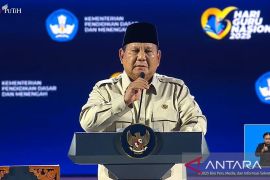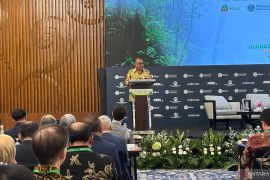Creating a resilient food system to adapt to the impact of climate change must be the main priority.Pontianak, West Kalimantan (ANTARA) - Climate change and extreme weather have become the toughest challenges to the development of agriculture, especially food crops and horticulture sub-sectors, in West Kalimantan, the province’s Food Crops and Horticulture Office head, Florentinus Anum, said.
Climate change is posing a serious challenge for many countries across the world, he noted here on Monday. This has also become the reason for boosting the office’s budget.
"The weather is estimated to become an extraordinary hurdle to agriculture productivity in West Kalimantan," he said.
The resiliency of the region's food sector may get affected if the province's agricultural system is not well-prepared, he added.
The impact of climate change includes extreme weather such as heavy rain, drought, heatwaves, and tropical storms.
"The condition above can affect the planting process and agricultural yield in West Kalimantan," Anum said.
Extreme drought and heavy rain can result in productivity loss, which could disrupt food availability and resiliency.
"Basically, the loss of production will cause food prices to become more expensive. The price surge can affect food access, affordability, and utilization," he explained.
Related news: President Jokowi warns of climate change impact on food resilience
The future of the food sector of West Kalimantan depends on the region's capability to adapt and create a resilient food system.
"Creating a resilient food system to adapt to the impact of climate change must be the main priority," Anum said.
"Open trade can be a solution to adapt to the threat of climate change, which is very likely to rise in the future," he added.
The Food Crops and Horticulture Office has devised a strategy for agricultural development, which involves intensifying agricultural production, from upstream to downstream, based on clusters (production center regions), by strengthening agricultural institutions.
The strategy is being carried out through partnerships to help improve the quality, quantity, and types of export-oriented commodities.
"The aim of this Prime Work is to bolster rice production by encouraging all districts or cities in West Kalimantan to implement IP 400 rice planting or planting rice four times each year, especially in the production center regions," he informed.
Currently, rice is the primary commodity grown in West Kalimantan. According to the ATR/BPN No. 686/2019, West Kalimantan has 242,972 hectares of paddy fields. The potential of the fields has been entirely utilized for rice.
Moreover, West Kalimantan has 693,997 hectares of dry land. Around 18.28 percent of this land, or 126,856 hectares, is being utilized for growing corn and a variety of beans and tubers.
Related news: Vice President: Food Resilience Threatened by Climate Change
Related news: Climate change begins changing food production pattern
Translator: Dedi, Fadhli Ruhman
Editor: Suharto
Copyright © ANTARA 2022
